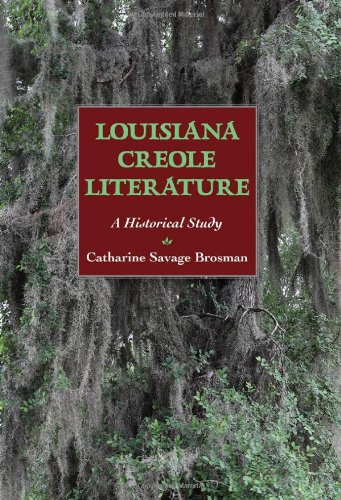Rejecting Blackness and Claiming Whiteness: Antiblack Whiteness in the Biracial Project
Chapter in: White Out: The Continuing Significance of Racism (pages 81-94)
Routledge
2003-08-14
344 pages
Paperback ISBN: 978-0-415-93583-8
Hardback ISBN: 978-0-415-93582-1
Edited by:
Ashley W. Doane, Associate Dean for Academic Administration; Professor of Sociology
University of Hartford, West Hartford, Connecticut
Eduardo Bonilla-Silva, Professor of Sociology
Duke University

Chapter Author:
Minkah Makalani, Assistant Professor of African and African Diaspora Studies
University of Texas, Austin
Over the past fifteen years in the United States, there has emerged a concerted push to reclassify people with one Black and one white parent as biracial. Advocates of this biracial project seek to have people of mixed parentage (PMP) recognized as a distinct, biracial race. They maintain that a biracial identity is more mentally healthy than a Black one and challenges popular notions of race in the United States, therefore making it the basis for “ultimately disabus[ing] Americans of their false beliefs in the biological reality of race” (Zack 2001:34). This will lead society away from racial classifications, hasten racism’s demise, and bring about a color-blind society (Gilanshah 1993; Spickard 2001; Zack 2001). Still, the progressive qualities of a biracial identity are more apparent than real.
The presence of a biracial race would certainly disrupt popular ideas about race, but to suggest it would precipitate the end of racial classifications is spec ulation (Parker and Song 2001). Changing popular ideas about race can occur without addressing racial oppression (Mosley 1997), and abolishing racial classifications to create a color-blind society is more likely to contribute to the persistence of racism than to its demise (Carr 1997; Neville et al. 2000; Bonilla-Silva 2001). Additionally, most arguments for a biracial race ignore the sociohistorical character of race and roots biracialty in biological notions of race “mixture” (powell 1997). This raises serious doubts about the biracial project’s claim to be a progressive social movement. Rather than seeking to overthrow the racialized social system, it is a reactionary political response to the racialization of people of African descent in the United States as Black. Specifically, it uses whiteness to distinguish PMP from African Americans as a new race that would be positioned between Blacks and whites in a reordered, racialized social system.
Several historians have addressed the historical role of whiteness in ordering racial oppression, giving special attention to how white racial identity develops in different racial formations (Roediger 1991; Allen 1994; on racial formations, see Baron 1985; Cha-Jua 2001). Putting these together with other works on race (C. Harris 1993; Malik 1997; Mills 1997), we can see whiteness as primarily a component part of racism. Cheryl Harris (1993:1735) alludes to this when she argues that whiteness is used by whites to maintain a superordinate position in the racial hierarchy: “the state’s official recognition of a racial identity that subordinated Blacks and of privileged rights in property based on race elevated whiteness from a passive attribute to an object of law and a resource deployable at the social, political, and institutional level to maintain control.” This identifies a link between white racial identity and Black subordination and more importantly conceptualizes whiteness as a material object used to maintain white supremacy rather than as merely an aspect of white identity.
This chapter analyzes the biracial project’s deployment of whiteness to argue that PMP constitute a new race. With the role whiteness plays in racism in mind, this accomplishes two things. First, it builds on Cheryl Harris (1993) to argue that whiteness is a dynamic social property that people of color might use to negotiate the racial hierarchy and it cautions against the tendency to essentialize whiteness as something only whites have. Second, it examines the biracial project as a particular instance of people of color using whiteness, by looking at the assertion that PMP are racially distinct from African Americans because whiteness is an immutable biosocial attribute. Using a materialist theory of race and racism, I argue that a biracial race has no social, historical, or cultural basis and that claims for its existence ignore the sociohistorical character of race and conflate racial identity with racial identification. Focusing in part on congressional testimonies on the census, but primarily on biracial-identity Internet Web sites, I examine the arguments of biracial-identity advocates to show how whiteness is deployed as a tool to distance PMP from African Americans politically, socially, and culturally…


